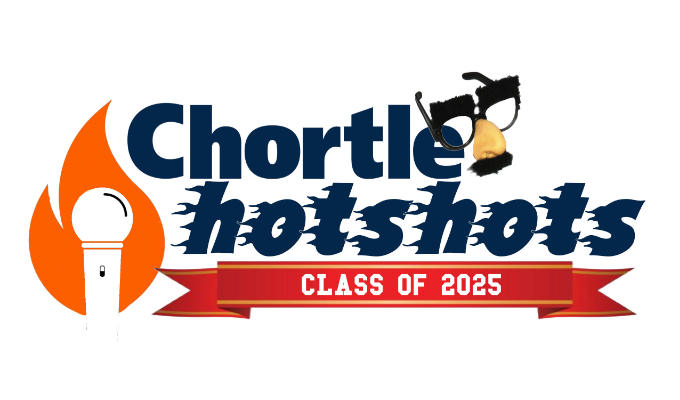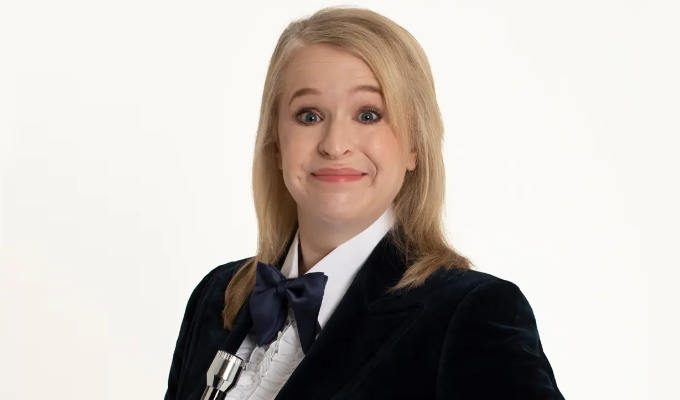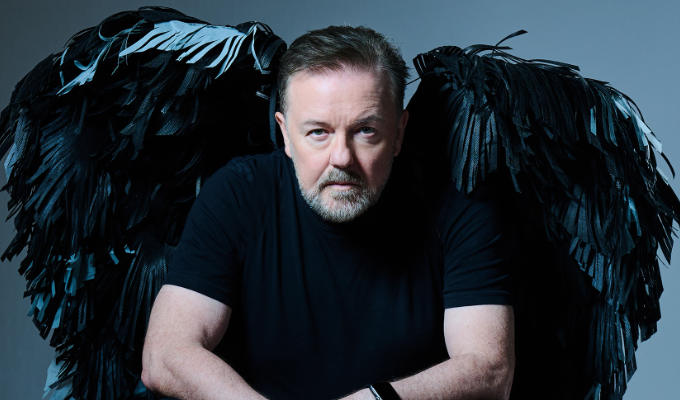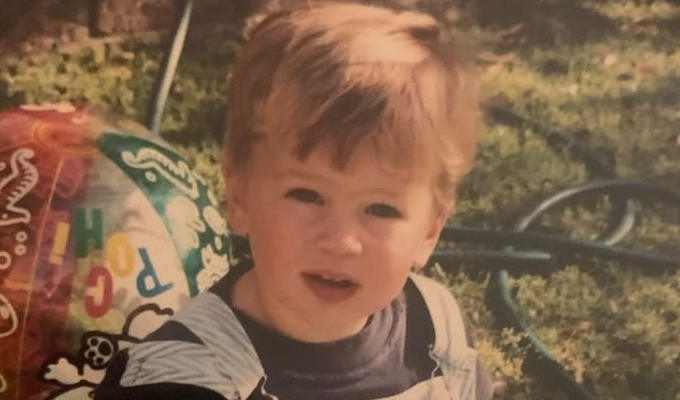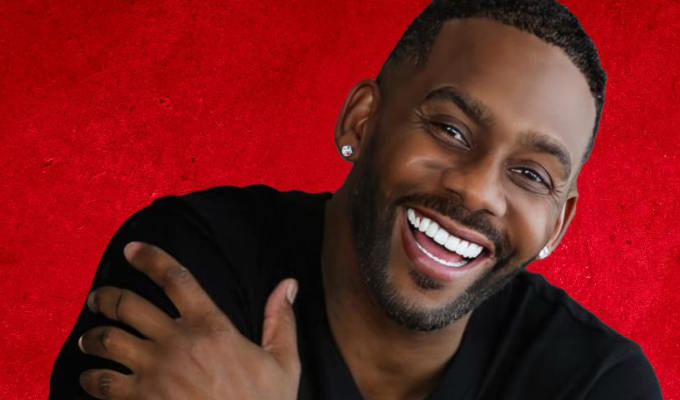'It can't be anything other than a disaster'
John Cleese looks back on Fawlty Towers
‘A collection of clichéd situations and stereotypical characters which I can't see as being anything other than a disaster.’ So one BBC executive damned the first episode of Fawlty Towers. Today the core cast have reunited for a rather spuriously timed 30th anniversary retrospective – four years too late – but history hasn’t recorded what happened to the corporation bigwig who wrote such a withering report.Not that he was the only one, John Cleese told reporters gathered in the plush St James’s gentlemen’s club where two new tribute documentaries were launched today. Another executive predicted it would be ‘as dire as its title’ and he recalls a colleague overhearing BBC Club chatter: ‘How embarrassing,’ one producer opined. ‘Why would he leave Monty Python for this?’ Other helpful suggestions included moving more of the action out of the hotel for variety, in blissful ignorance of the fact it’s the claustrophobic pressure-cooker environment which drives Basil to blow his top.
‘It sounds smartarse,’ 69-year-old Cleese says today. ‘But it proves almost nobody knows what they are talking about.’
Still, in those days, comedy was apparently commissioned on a very loose basis compared to today when scrutiny by nervous commissioners, producers, channel controllers, marketers and focus groups can dilute or pole-axe many a show.
Cleese recalls a convivial restaurant meeting with the BBC’s head of light entertainment, Jimmy Gilbert, in 1974, in which he explained he wanted to make a show with his wife of the time, Connie Booth, even though he had no idea what. ‘Go away and think about it,’ Gilbert told him. ‘I will commission whatever you do.’
These were, indeed, simpler times. Cleese reveals: ‘It’s hard to believe these days, but when we were doing Monty Python we didn’t know what the audience figures were, and we didn’t care – but we did care about the “audience appreciation” index, which showed how much people were enjoying the show.’
So after his meeting, Cleese and Booth decided to write up an idea they had previously discussed, inspired by their stay with the rest of the Python team at the dismal Gleaneagles Hotel, Torbay, where the baffling antics of the surly proprietor, Donald Sinclair, are now stuff of legend. Sinclair complained about Terry Gilliam cutting up his entire steak before eating it, and threw Eric Idle's briefcase behind a garden wall, believing it to be a bomb.
The scripts Clees and Booth produced were challenging, to say the least, running to around 140 pages, compared to a typical sitcom’s 65; and featuring 400 camera cuts – more than twice as many as an average half-hour comedy.
Each episode was shot in one night, with the cast and crew doing a dress rehearsal from 10am to 6pm. ‘There was not a single occasion when we completed the dress rehearsal,’ Cleese says. ‘The reason it looks so slick is that we used to spend something like 20 hours editing each episode – that’s why it looks as smooth as it does.’
But the constraints of time meant that the show routinely voted the best sitcom of all time is flawed in the eyes of its creators. ‘Last year the BBC asked me to put a commentary on the shows,’ Cleese recalls. ‘That was fun as there were some episodes I hadn’t seen for 20 years – and I could see all the mistakes, such as the time the moose was supposed to fall on Basil’s head, and it mistimed. There are moments when I say, “Ooh, we could have done that better.”’
Andrew Sachs, too, says he wished he’d had more time to perfect his comic timing. Used to honing his performance night after night on the theatre stage, he said: ‘On Fawlty Towers we only had one go. There were times when I said “Let’s do it again” but we didn’t have time.
‘But my only little niggles was that my part wasn’t big enough. In terms of screen time it doesn’t amount to much, except the last episode when I had the rat… I mean hamster’
Sachs speaks guardedly about the show, and answers even more diplomatically when asked about the state of modern comedy, indicating some of it is too smutty or too ‘personal about people’s disabilities’. That’s as close as we got to you-know-what, as the assembled hacks had all agreed not to mention it.
Prunella Scales also answers politely, but with some reserve, about her role as battleaxe Sybil. ‘It’s so long ago I can’t remember if I did a test for it,’ she says. She does, however, recall visiting Cleese at his West London flat before filming. She told him the scripts were ‘dazzling’, before he asked if she had any questions. Just one, said Scales: ‘Why did they get married?’ ‘Oh my God,’ Cleese replied. ‘Why did you have to ask that?’
Recording Fawlty Towers took just a few weeks out of Scales’s long and distinusihed acting career. But is she sorry there were never any more than 12 episodes?
‘No, I respect John and Connie for not doing any more,’ she said. ‘Sometimes if writers are pushed into doing more, they do deteriorate. They felt they expressed their anger about service in the hotel business over 12 episodes. There were 12 episodes, weren’t there?’
The initial response to the first six episodes was muted – with the Daily Mirror famously declaring ‘Long John short on jokes’ - and it looked like the BBC executives’ trepidations had been validated. But four years later the series was recommissioned, and as the first run was repeated in the run-up to the second, public opinion began to turn.
However, there was one potential fly in the ointment. Cleese and Booth had divorced in the meantime, but had to write the new season together.
 Booth has long kept quiet about her crucial role in TV history, but makers of the G.O.L.D. documentaries did persuade her to break her silence. Even at today’s press junket, she appeared only for the benefit of cameras – looking distinctly uncomfortable in the blaze of two dozen flashguns – and did not take part in any interviews.
Booth has long kept quiet about her crucial role in TV history, but makers of the G.O.L.D. documentaries did persuade her to break her silence. Even at today’s press junket, she appeared only for the benefit of cameras – looking distinctly uncomfortable in the blaze of two dozen flashguns – and did not take part in any interviews.
But speaking on the documentary, she said: ‘The work went on in spite of us. It didn't save the marriage but Fawlty Towers became a refuge for our demons.’
Writing was hugely time consuming, and carried little immediate reward. ‘Connie ad I used to spend six weeks on each episode,’ Cleese said. ‘With recording and editing, one series was 43 weeks, and for writing, performing and produced that I got paid £6,000. I had to subsidise the writing by doing commercials.’
Cleese believes that modern comedy writers have lost that discipline. ‘I don't think the writers work as hard as they used to,’ he said. ‘Writing is as good as it used to be… In the 60s, 70s and 80s we did have the least bad television in the world.’
But he admitted he didn’t watch modern television, saying: ‘I’ve almost stopped watching TV. I got so guilty about not having read everything I wanted to read, I spend most nights that I’m not having dinner with friends reading or watching sport.’
Constant reruns have helped swell Cleese’s initially modest fee, of course, even if three American remakes failed to take off when studios tried to soften the scripts. Cleese recalls meeting the producer behind the late Bea Arthur’s version who told him they only made one minor change to the original: ‘We’ve written Basil out…’
But Cleese said: ‘The reason I’m not really rich is that Cheers was going to be set in hotel, but they changed it to a bar. I’ve been told that by the guys who work on it when I did a couple of episodes for them.’
But in the 30 years since Fawlty Towers last aired, has Cleese ever been tempted to make another episode himself? ‘No,’ he said. ‘Everyone would be excited if we did it, and that would be a horrible problem. How would you live up to it, expectation would be so much, the bar would be unattainably high.’
Published: 6 May 2009

